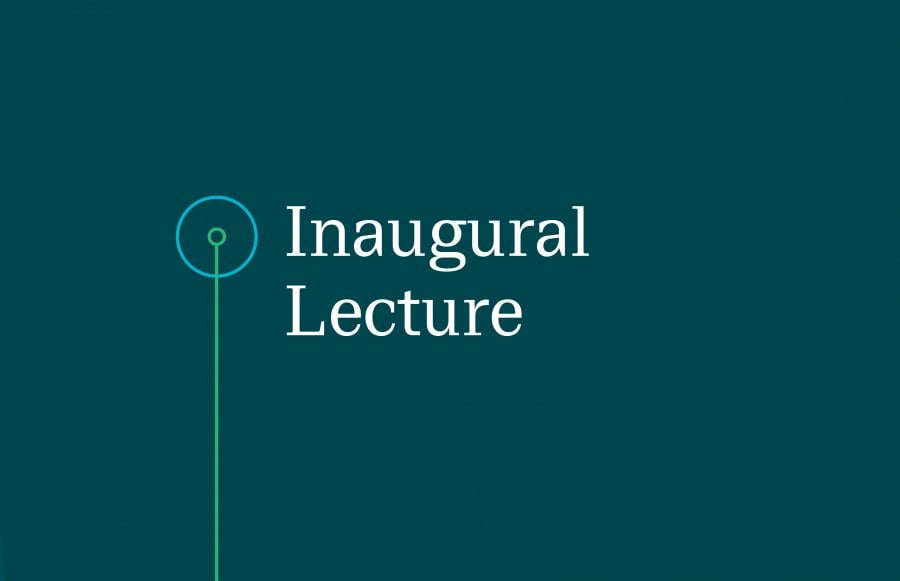Using insect-inspired innovations to transform global health
Could we really see smart watches or sniffer dogs at airports in the future that tell us when we have an infection? Pills that make you repellent to mosquitoes? Or traps that lure insects by mimicking the smell of malaria and that automatically tell us when a mosquito has been caught?

Vector borne diseases account for 17% of all infectious diseases worldwide, causing 700,000 deaths annually. Malaria control is at a standstill. There are almost 100 million cases of dengue each year, with more than 3.9 billion people at risk. The Zika virus epidemic in 2015, was a wakeup call. We desperately need a new generation of innovative and novel technologies for vector surveillance and control.
In his inaugural lecture, Prof James Logan reflects on his career which has been geared towards understanding the complex interaction between arthropod vectors, pathogens and their hosts, from the discovery of the mechanisms underlying why some people get bitten more than others by mosquitoes and why mosquitoes are more attracted to people who are infected with malaria, to large scale intervention trials and capacity building in developing countries. He will reveal how his work is being translated into practical applications, through the development of new tools to control mosquitoes, and novel non-invasive diagnostics for malaria. Could we really see smart watches or sniffer dogs at airports in the future that tell us when we have an infection? Pills that make you repellent to mosquitoes? Or traps that lure insects by mimicking the smell of malaria and that automatically tell us when a mosquito has been caught?
Prof James Logan is Head of the Department of Disease Control and leads an internationally renowned research programme at LSHTM. Prof Logan also presents TV programmes and is one of the School’s entrepreneurs, having created the School’s first spin out companies, and holds the position of Director and Founder of ARCTEC and Director and Co-Founder of Vecotech Ltd.
Admission
Contact

